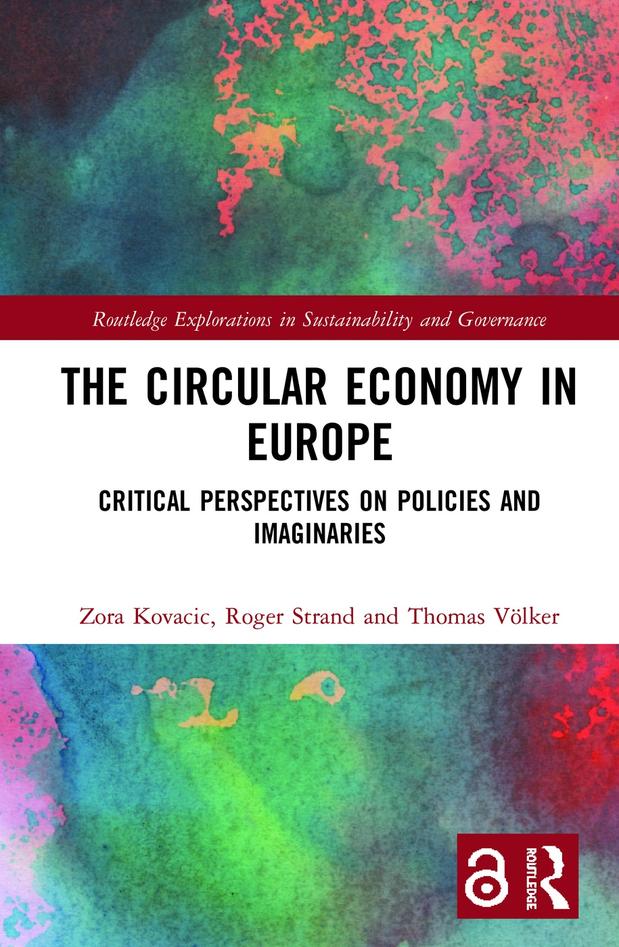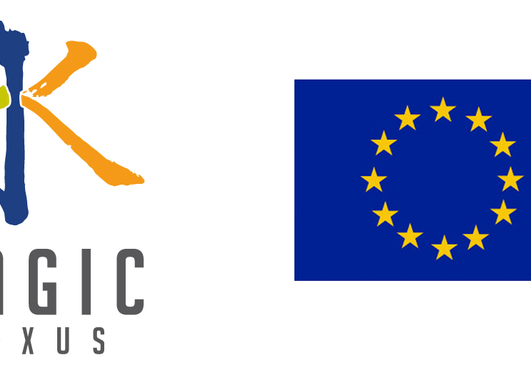New publication in the MAGIC project takes a critical look at circular economy
In a recent article co-authored with Mario Giampietro, UiB professor Silvio Funtowicz criticizes the circular economy concept and proposes a different approach to sustainable growth.

Main content
The article was published as part of the MAGIC project: Moving Towards Adaptive Governance in Complexity: Informing Nexus Security. The Centre for the Studies of the Sciences and the Humanities (SVT) at UiB are one of several partners in charge of MAGIC, and at SVT, professor Roger Strand (principal investigator), Silvio Funtowicz, Zora Kovacic, Kjetil Rommetveit, Thomas Völker, Irmelin Nilsen and Bruna De Marchi are associated with the project.
The logical contradiction in circular economy
In the article, called From elite folk science to the policy legend of the circular economy, Funtowicz and ICREA research professor Mario Giampietro at the Universitat Autònoma de Barcelona (UAB) take a critical look at the concept circular economy, which has gained a lot of popularity in the sustainability debate. According to Funtowicz and Giampietro, the concept implies a logical contradiction, since the concept acknowledges the dependence of the economy on biophysical processes, yet proposes a business model guaranteeing a full decoupling from these very processes.
Circular economy - a policy legend
The two thus call circular economy a “policy legend” - rhetorically powerful, but with almost no empirical content. In the article, they refer to the following definition of a policy legend: "[A] historical narrative specific to a time and a place, delivered in a conversational mode, representing folk beliefs or collective experience, and reaffirming the group’s common values" (Tangherlini, 1990). According to the authors, policy legends are used to protect the establishment from uncomfortable knowledge, and they argue that the concept circular economy is being similarly employed to avoid difficult truths that could destabilize the status quo.
The problem with policy legends
Funtowicz and Giampietro further argue that "policy legends are used to promote technological silver bullet solutions attempting to remove messy and conflicting political issues from sustainability debates. The resulting sustainability strategies do not even consider the idea that sustainability entails the tragedy of change, i.e., difficult choices and painful adjustments." The legend of circular economy allows us to believe that we can know for sure what the best course of action is, and that innovations will let us achieve sustainability without making any sacrifices. The problem is that we cannot know the best course of action, and acting as if we can leads to an irresponsible management of expectations.
An alternative approach through post-normal science
As an alternative to circular economy, the authors suggest a different approach found in post-normal science; a concept developed by Funtowicz himself together with Jerome Ravetz in the 1990s.

The post-normal science diagram above shows that we can only deal with guessed propensities when looking at the future, and the authors claim that this acknowledgement has implications for policymaking: "Rather than continuing to impose technocratic top-down plans, it would be much more effective and responsible to adopt a flexible management approach... ." Multiple perspectives must be considered when designing policies on sustainability, and the approach must be adaptive and anticipatory.
The risk in going back to 'normal" after the pandemic
In a press release on the MAGIC project website, the authors also relate their article to the pandemic, which has taken away the focus on the pressing issues we are facing today, like climate change, biodiversity loss, and growing inequalities. They point out that the "normal" many have longed to get back to after the pandemic is an "unstable caricature of normality," and that the current plans for returning to normality by doing more of the same, like relying on the circular economy, carry with them a high risk. If we could go back to normal, they ask rhetorically, should we?


